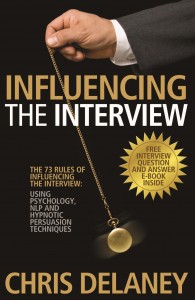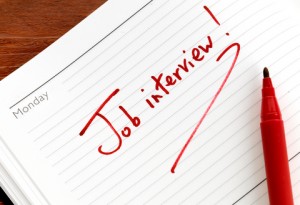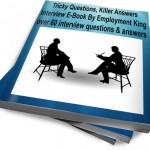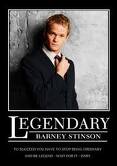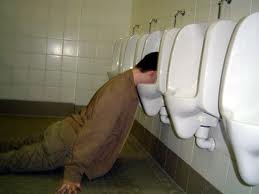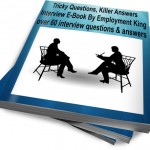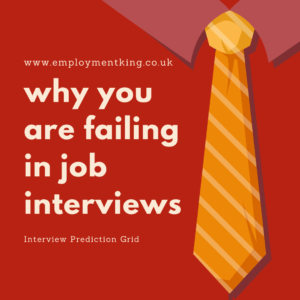Can You Answer Interview Questions?
To win job offers, you can’t just rely on your experience and skills, the trick to winning offers of employment is by your ability to answer interview questions. Below you will find ten interview questions and an explanation of how to answer them. To ensure you pass your next job interview Employment King have gone to the employers and asked them what they require as a successful answer.

Tell me about yourself
For this question give a brief introduction about yourself, think of a good opening line, be really positive talk about previous positions and any significant achievements – ensure what you talk about is relevant to the job you are applying for.
What are your strengths?
This is one of the most common questions you will be asked. Give an answer relevant to the skills and qualities relevant to the position you are applying to. The interviewer is trying to find if your strengths match the job. For example, if you are applying for a job where accuracy is an important issue, one of your strengths could be that you have an eye for detail. It may useful to find different words to describe similar attributes and qualities in order to avoid repetition.
If your interview skills are lacking, you will want to book a session with an Interview Coach
What are your weaknesses?
Again, another commonly asked question. A frequent mistake to make when answering this question is to say something negative like “I can sometimes let things get on top of me”. Be positive and sell yourself with every interview question, turn a negative into a positive. For example, “In the past I felt I needed to improve my typing skills, because I wanted to be the best I can so I have recently enrolled on a typing course”. This will show that you can identify your weaknesses but at the same time, you are willing to improve. Most importantly: do not mention a weakness that is any way related to the job you are being interviewed for! This might sound obvious but it is a common mistake!
What do you enjoy doing outside of work?
This is sometimes asked as an opening question to get you talking and to calm your nerves, a lot of people answer “Socialising with friends” “Playing on my computer” “Taking my family on day trips”. Whilst these are valid and honest answers they do not really bring anything to the table that is special, that makes you stand out.
If you can say that you volunteer you will be guaranteed to impress! Although this should be truthful! You can apply to volunteer in any area you like, ideally in a position relevant to the job you are applying for. Volunteering is seen as a positive activity by all employers, you only need to volunteer once or twice a month and when you can answer this question with “Currently I’m volunteering for Oxfam, I really get al lot out of helping others…” you can see that there are few who wouldn’t be impressed with that answer.
Why did you leave you last job?
A dreaded question for many! When answering this question never give a negative answer. “I did not get on with my manager” or “The management did not run the business well” will show you in a negative light and reduce your chance of a job offer. Answer the question positively, emphasising that you have been looking for a career progression. Start by telling the interviewer what you gained from your last job “I enjoyed my last job, I quickly learned how to multi-task…”
If you were made redundant, let the interviewer know, this is not a negative.
Where do you see yourself in 4-5 years time?
Tell the interviewer how you want to progress through their company, a manager does not want to be re-advertising and interviewing in a year’s time, do not infer that you may want to leave after a certain amount of time. “I am really keen to learn how your company operates; I can see myself attending any available training and using this knowledge and my own drive and ambition to work my way up the company.” It may be useful to see if there are any formal progression tracks or training programmes.
Why do you want to work here?
An interviewer knows you are applying for other jobs, you may be offered a job with this employer, start employment and then leave for another job offer. An interviewer would never say this affects who they pick (and a large amount of companies using a scoring system to stop this from happening). But would you offer someone a job if you thought that they weren’t fully committed to your company? Show the interviewer how enthusiastic you are about the job, industry and their company. “Your company has such a good reputation and I know you have the ‘Investors in People’ award and this impresses me. I have been following your company for the last couple of years and I have seen how you have grown and I feel I would like to be a part of this.”
Have you got any questions for me?
Most interviewers ask this question and generally towards the end of the interview. Remember to prepare for this, as asking questions will be a great end to an excellent interview. Ask about company expansion, the team you will work with and anything to do with new contracts and personal development/training.
learn more about passing job interviews, learn the secrets of employment

If you enjoyed reading this article you will also enjoy reading:

